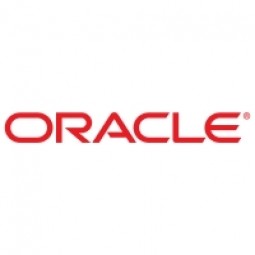Oracle
Case Studies
TAQA Enhances Efficiency and Compliance with Oracle Cloud
Overview
 |
TAQA Enhances Efficiency and Compliance with Oracle CloudOracle |

|
Cybersecurity & Privacy - Security Compliance Infrastructure as a Service (IaaS) - Cloud Computing | |
Electrical Grids Utilities | |
Procurement Quality Assurance | |
Inventory Management Water Utility Management | |
Cloud Planning, Design & Implementation Services System Integration | |
Operational Impact
| The migration to Oracle Cloud Infrastructure (OCI) has brought about significant operational improvements for TAQA. The company's system availability has improved, and outages have been significantly reduced. Compliance has been another key success factor, with the organization now having the data segregation framework essential to internal and external audits. In terms of resilience, OCI has succeeded in meeting the company’s Recovery Point Objective (RPO) and Recovery Target Objective (RTO) targets. The company's IT teams no longer have to administer technical matters such as Linux or Oracle patching, updates, upgrades, or the usual database management routines, leading to an improved work-life balance as back-end processes are automated and weekend emergencies are a thing of the past. On the analytics front, TAQA extracts a nightly load from OCI into its data warehouse for processing in Oracle Business Intelligence Enterprise Edition, the energy company’s standard platform for creating analytics dashboards and KPIs. | |
Quantitative Benefit
| TAQA experienced an immediate 30% performance improvement after moving to Oracle Cloud Infrastructure Compute. | |
| Downtime, a critical KPI for the company, dropped by 80% after migration. | |
| Recovery time now stands at two hours instead of days or even weeks in the old environment. | |


